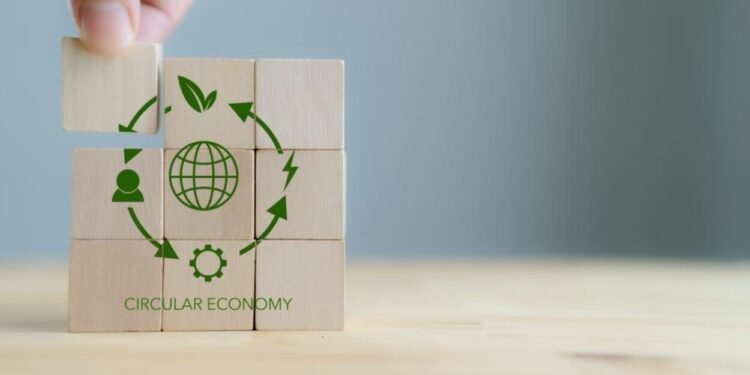Brussels (Brussels Morning) – The European Circular Economy Conference 2024 begins in Brussels, hosted by the European Commission and the European Economic and Social Committee, focusing on turning circular visions into action.
The European Commission and the European Economic and Social Committee going to host the seventh edition of the European Circular Economy Stakeholder Conference on Monday and Tuesday.
The conference takes place under the umbrella of the Belgian Presidency of the EU and in conjunction with the World Circular Economy Forum (WCEF). The occasion is a key opportunity for the EU and international circular economy community to arrive together, exchange ideas and follow engaging conversations on the role of circular economy across industries and borders, this year with a priority on how to “turn circular visions into action”.
The conference will deliberate upon the last ten years of enactment of the circular economy around the globe and in Europe. This conference comes at a critical moment, where “a modest decoupling of EU resource consumption from economic growth can be kept”, but where more needs to be accomplished for the EU to reach its 2030 circularity targets, according to the EEA’s recent declaration on Accelerating the circular economy in Europe – State and outlook 2024.
The European Circular Economy Stakeholder Conference includes a distinct path of the WCEF, with five sessions spanning across two days. Representatives from the EU will also be partaking in other sessions of the WCEF and will be attending in the exhibition area.
The sessions on day one of the meeting, hosted by the EU Commission, shed light on the machine behind the European Circular Economy Stakeholder Conference and permit discussions on its position and potential. In two panel debates, orators will take stock of the progress accomplished so far in the circularity transition and examine the efforts that need to be made in the next European directive. Participants will also discuss the impact of circular economy and sustainability legislation on trade.
On day two, hosted by the EU Economic and Social Committee, the meetings will bring together stakeholders and changemakers to investigate the role of cities and regions in the transition to a circular economy. Talks will also delve into how circular economy models handle the needs for critical raw materials.
Talking about the conference, the Director-General of the Commission’s DG Environment, Florika Fink-Hooijer, stated: “We all have a collective responsibility to move towards greater circularity. It is key for our competitiveness and to reduce our dependencies. Today, we’ll discuss the progress we have made so far and explore how to step up our action for a circular future.”




